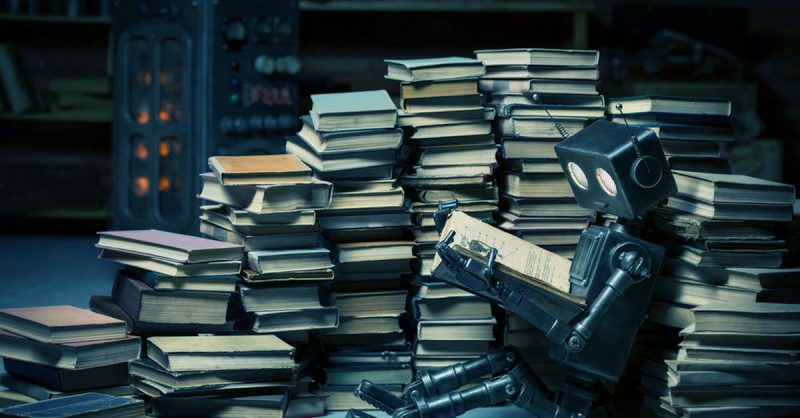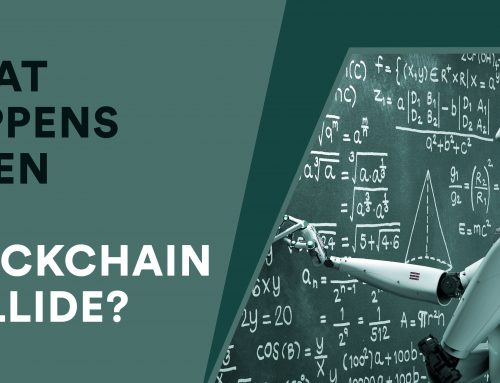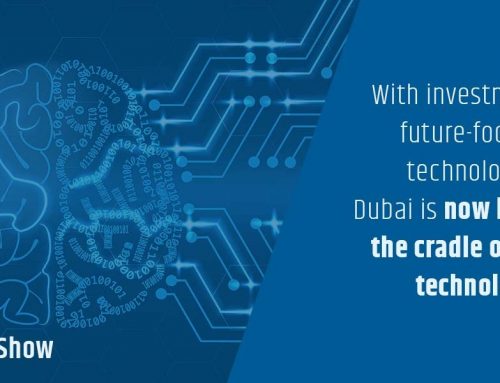The technology that could potentially make or change the world has arrived into the 21st century. And as the industry of AI solutions and machine learning evolves into a possible trillion dollar industry by the end of the decade, a legal approach to its feasibility is being explored.
The concept in conversation over here is the evolution of AI Machine Learning. This is the self-awareness quotient of the AI and its ability and adaptability to process data and derive solutions, without involving the human interruption or touch.
This is no longer a dream as companies like Boston Dynamics (Acquired by GoogleX and then sold to SoftBank in 2017) have successfully tested working prototypes of humanoid robots. These robots are being perfected through systematic AI research to navigate irregular terrains and understand how to carry out work, unsupervised.
But when it comes to the department of Deep Learning and AI applications, there is a creativity aspect which has gone unnoticed or rather ignored, due to its incubation stage. Different companies have created variable AI’s that are being used in the creative field. Zero-Sum Games, which is a mathematical algorithm, are now being clubbed with an AI that functions using Generative Adversarial Networks (GANs). This is another type of complex algorithm that feeds off of huge sums of data and generates imagery on its own. A recent image that went viral was that of US president Donald Trump being chased by a polar bear (indicating political climate concerns), and it was generated by a GAN.
 (Credits: Señor Salme)
(Credits: Señor Salme)
Facebook’s AI infused GAN is incorporating a database of over 80,000 images to recreate the artwork of great artists with a modern touch. Exciting isn’t it? But amidst this excitement, we forgot to address a topic. Who owns the picture? The public? The company that developed the AI? Or the GAN?
And at this point, copyright laws and trademark policy comes crashing down! Different countries have different approaches to what constitutes a patent or trademark. Intellectual Property or IP Laws are diversified to establish a fair playing ground for different competitors as well as protecting interests.
Let’s break this down with an example because like any legal document, this could otherwise get confusing. Imagine an AI algorithm called Tune.ai invented by a company ABCD that creates music on its own. Now the algorithm is synced to the Google cloud (Like most AI’s are) to derive definitive data to create a brand new innovative tune. Now the important question is, who owns the tune?
The company ABCD?
The AI?
Or Google?
In the Indian Patents Act (1970), product patent protection is granted for a period of 14 years except in the areas of Food, Chemicals and Pharmaceuticals. For these three, there is only a process patent for 7 years. But where does an AI fit into? The Patents Act (2nd Amendment) 20022 provides protection for ‘new micro-organisms for a period of 20 years. This protects the inventor of the AI. What about what the AI invents?
The UK Patent Act (1977) is governed by more or less the same laws. Different countries have an absence of a concrete law to prove ownership due to the lack of complete understanding of what constitutes an AI.
This disparity in ownership is what has provoked legal teams and lawmakers to look at the books once again. Since the technology was created by the company, the AI is owned by the company. So by default the company should own the tune right? But the data procured by the AI is from Google. So the tune belongs to Google as well. But since the AI is a personal entity, doesn’t it have a share in it too? The AI Sophia was given citizenship status in Dubai, so that means the AI could enjoy patent and copyright privileges as well.
The lawmakers believed that once a problem arises, they will turn to the books and make the changes. The legal troubles are just arriving as the technology of the future is here to disrupt all conventions. Speakers from across the globe gather every year at venues and summits such as the World of AI Show that is slated to be held at The Address Dubai Mall in the UAE from 16th to 17th April 2018. Also, the AI Sophia is invited to attend the event, to further drive the point home!
The aim of these summits is to gather the thought leaders of the world on AI and discuss the possibilities of AI research and its legal implications and methods to resolve them. World AI summits like World of AI Show organised by Trescon are deemed best, because they bring the brightest minds under one roof and blow the roof off!
If you’re interested in taking part in this event or attending it, you can book your tickets at the World of AI Show site or get in touch directly with:
Nikhil Menon
SOURCES:
-
Kachwaha & Partners Legal Paper on IP Laws.
-
IP India, The Patents Act 1970.



Leave A Comment